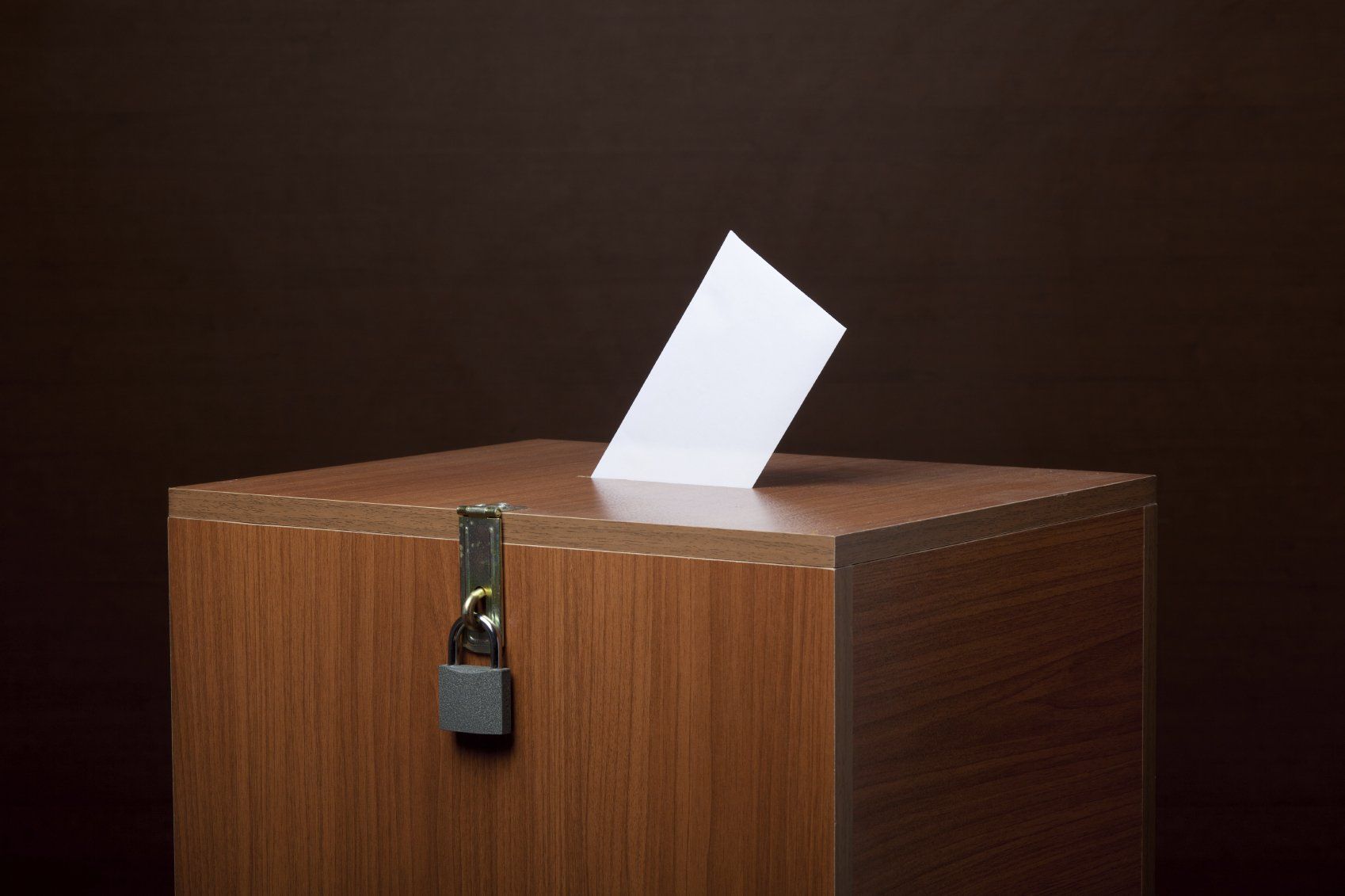Polls apart
What do opinion polls tell us about the likely outcome of the election?

With a general election due within the next 12 months, we look at what opinion polls can tell us about the likely result. We ask how accurate they are as a predictor of things to come and why polls on voting intention should be treated with a large dose of salt.
If there were a general election held tomorrow, which party would you vote for?
The current opinion polls give the Labour Party a substantial lead over the conservatives and, as the graphic shows, Labour has led for two years. The graphic is based on an aggregate of all polls. The most recent YouGov poll for 23rd/24th January 2024 gives Labour a 27 percentage point lead.

Source : Electoral Calculus
Does this consistent Labour lead mean the general election is a foregone conclusion? At this point, pollsters break out in a cold sweat and remember how they got it so wrong in 1992 and again in 2015.
The predictive power of opinion polls has been analysed by Paul Whiteley, LSE. He correlated the actual results of the election with opinion polls taken 1 month, 3 months, 6 months, 12 months and 24 months away from the election, for every UK general election between 1945 and 2019 (the most recent one).
His work tells us that opinion polls have some predictive power in an election year, especially closer to the election date. However, the predictive power is not perfect, as seen in the drop in correlation over time. Whiteley found that for every time period away from the election, opinions polls were more accurate at predicting conservative share than they were Labour.
Correlations between vote intention polling and election results for Labour and the Conservatives in general elections, 1945-2019

Source : Whiteley P, How accurate are the polls when forecasting election outcomes well into the future?
From the chart, we see that:
- Conservative Party: The correlation between polling and actual results tends to be relatively high and remains fairly consistent over time, with the highest correlation at 1 month out (0.9) and the lowest at 24 months out (0.57).
- Labour Party: The correlation for the Labour Party is generally lower at each corresponding time point compared to the Conservative Party, with the highest correlation at 1 month out (0.84) and the lowest at 24 months out (0.4).
Why are opinion polls more accurate for Conservatives but less so for Labour?
The lower correlations for the Labour Party as compared to the Conservative Party might be due to a variety of factors:
- Shifting Voter Base: The Labour Party's voter base might be more volatile or less predictable over time, possibly due to shifting political alliances, changes in the demographics of its supporters, or reactions to policy announcements.
- Differential Response Rates: Labour supporters might be less likely to participate in polls or might be less forthcoming about their voting intentions, which could result in underestimations of their actual support.
- Late Swings: Labour might be more susceptible to late campaign swings, either positively or negatively, making earlier polls less predictive of the final outcome.
- Marginal Seats and Tactical Voting: The UK's first-past-the-post system could also play a role. If Labour contests more marginal seats where small shifts in voting patterns can lead to changes in seat allocations, this could affect the correlation between national polls and actual results.
Conclusion
The data shows that while opinion polls can provide a useful gauge of public sentiment at a given time, they are less reliable the further out from an election they are conducted.
Our advice to Sir Keir? Don't break out the bubbly just yet, there's still all to play for.









